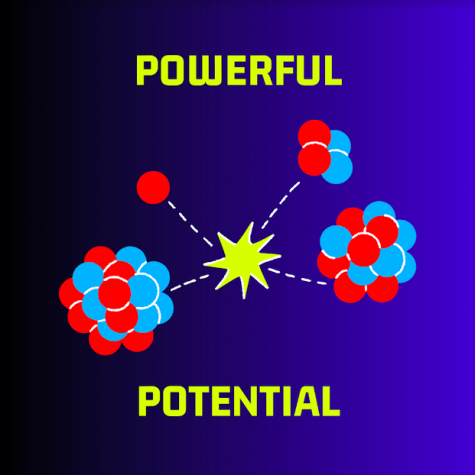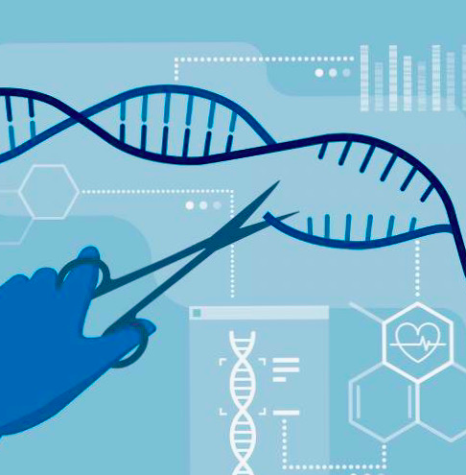Biopsychologist on campus: Dr. Keith Williams
An area of study that many may not be familiar with is biopsychology, an interdisciplinary field seeking to discover how biological processes impact our behaviors, thoughts and feelings. Dr. Keith Williams, who has a Ph.D. in biopsychology, runs a laboratory on campus aiming to further understand the behavioral and biological factors that contribute to drug-taking and addiction.
“Part of what my lab does is something called behavioral pharmacology,” Williams said. “What that means is that I’m interested in giving drugs that fall into a therapeutic area to animals, usually rats. I further characterize FDA approved drugs’ effects on the behavior of these animals. This includes observing the effects of alcohol consumption. I don’t do anything with hard drugs such as opioids.”
Williams also studies lesser realized sources of addiction, such as palatable substances like sugar.
“When we think about drug addiction, we often think about heroine, cocaine. However, there are public health implications that arise from food addiction, such as obesity, which ultimately taxes the healthcare system,” Williams said. “I have rats that press levers to consume solutions containing Red Bull or high fructose corn syrup.”
Williams has centered his lab around working with undergraduate students, allowing them to become immersed in all aspects of the research process. He usually has 7-8 undergraduate students part of his laboratory at a given time.
“In the fall, we do a lot of hands-on work,” Williams said. “Students come in around twice a week and work with a partner, learning how to handle and inject rats. They learn how to be meticulous with data collection and meet to discuss journal articles. Then in the winter semester, I meet with them regularly to teach [them] how to create posters and how to present research findings. We try to attend conferences and present in May.”
Williams expressed that he did not know what he wanted to do when first starting college. However, he was inspired to pursue psychology and later biopsychology after taking an introductory psychology class.
“While watching how my instructor vividly described topics such as synapses and neurotransmitters, I thought to myself, ‘how can I get into this field? What kind of classes do I have to take?’” Williams said. “I was hooked.”
Half Native American, Williams saw how alcoholism affected relatives and Native American society as a whole. This helped shape his research focus.
“I’ve seen it touch my family and the people around me,” Williams said, “so when my mentor asked if I wanted to look into how alcohol works, I said absolutely.”
For anyone intrigued by biology and how it intertwines with psychology, Oakland offers courses such as PSY 2150 – Introduction to Biological and Cognitive Psychology and PSY 3180 – Biological Psychology. Dr. Williams invites those interested in this topic or in the work he conducts through his lab to reach out to him for more information, such as necessary prerequisite courses. His email is [email protected].







